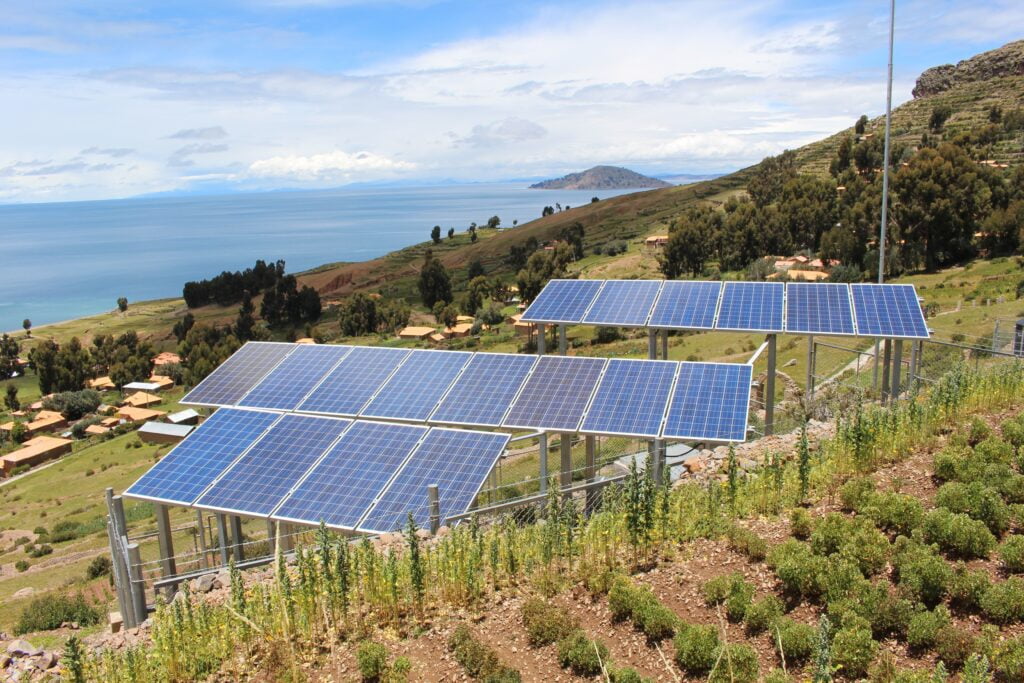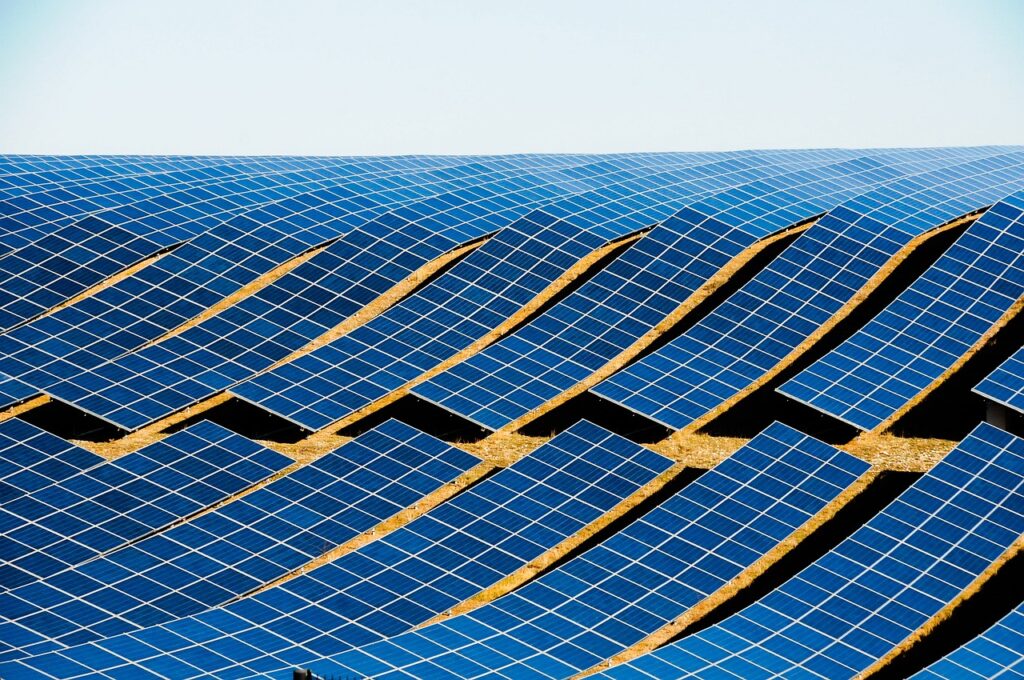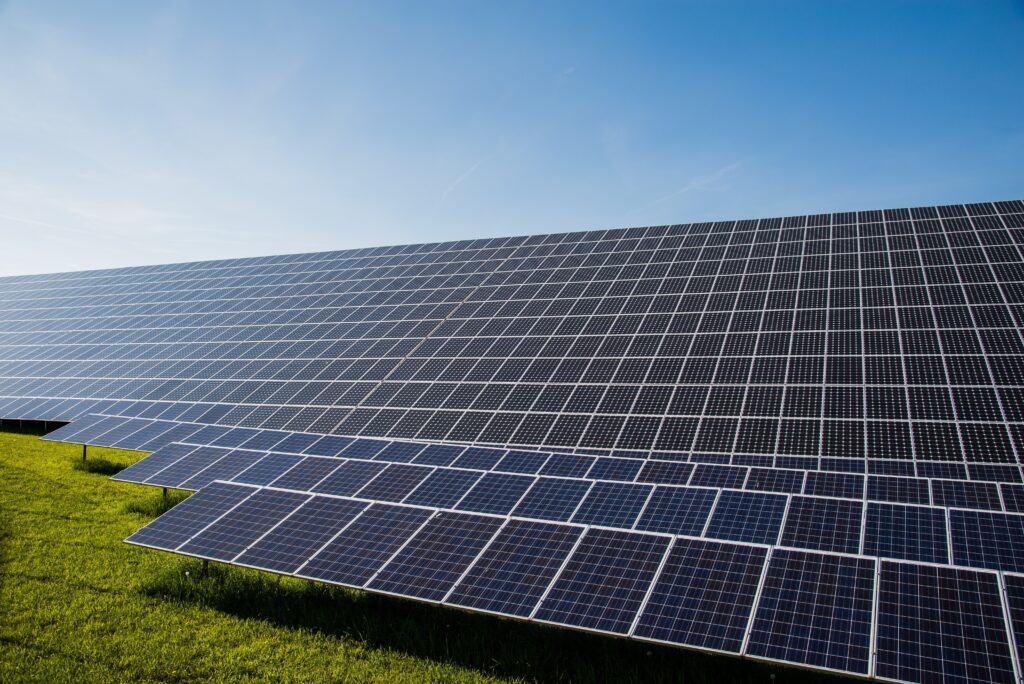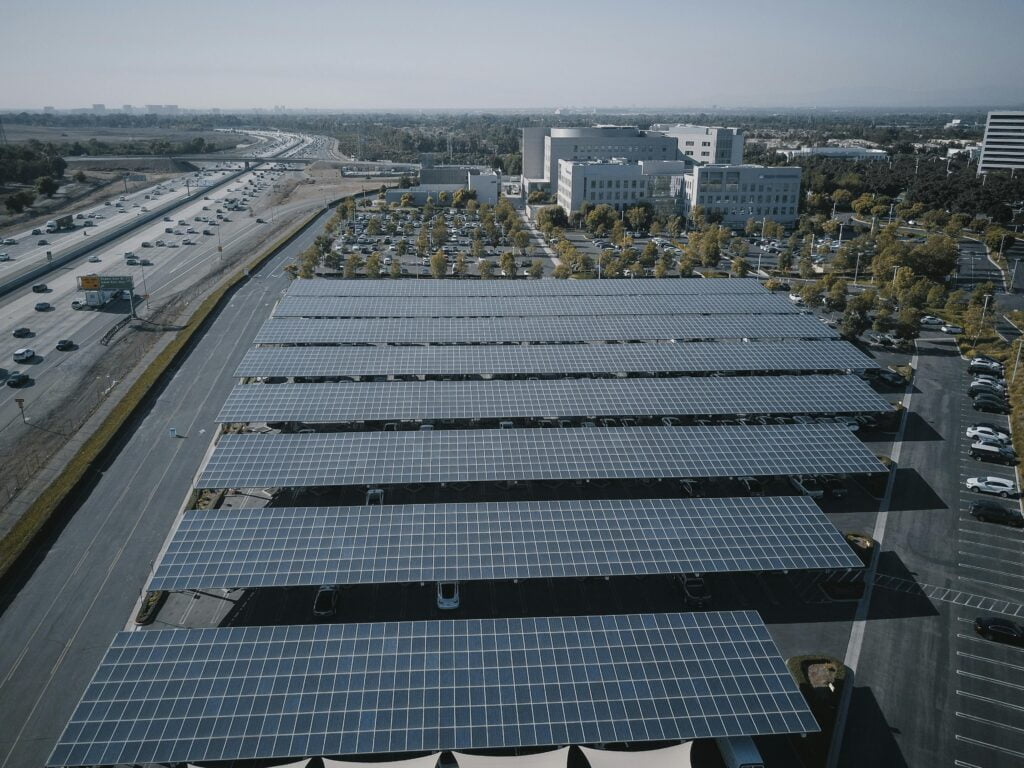Top 10 Solar Panels in Pakistan: Your Ultimate Guide to Energy Savings

Introduction
Pakistan has faced an energy crisis for many years, with high electricity costs burdening the average citizen. The increasing demand for affordable and reliable energy solutions has led to a growing interest in solar energy. This article explores the top 10 solar panels in Pakistan, providing detailed information to help you make an informed decision.
Table of Contents
The Importance of Solar Panels

Before diving into the top 10 solar panels, it’s essential to understand why solar energy is crucial. They offer a sustainable and cost-effective solution to the country’s energy problems, reducing dependency on costly imported crude oil and decreasing electricity bills. Solar panels convert sunlight into electricity, providing a renewable source of energy that can power homes, businesses, and industries.
Benefits of Solar Panels
Cost Savings:
- Solar panels significantly reduce electricity bills, making energy more affordable for households and businesses.
Environmental Impact:
- Solar energy is clean and renewable, reducing carbon emissions and dependence on fossil fuels.
Energy Independence:
- By generating their own electricity, consumers can become less reliant on the national grid and mitigate the impact of power outages.
Long-Term Investment:
- Solar panels have a long lifespan, often exceeding 25 years, offering a reliable return on investment.
Top 10 Solar Panels in Pakistan

1. Longi Solar Panels
Why Longi?
High Efficiency:
- Achieves over 21% efficiency, ensuring maximum energy output.
Versatile Applications:
- Suitable for residential, commercial, and industrial use.
Durability:
- Known for robust construction and extended warranties, typically around 25 years.
Popular Models:
- Hi-MO 6
- Hi-MO 5
- Hi-MO 7
Key Features:
Monocrystalline Technology:
- Longi panels use advanced monocrystalline technology for higher efficiency.
Temperature Coefficient:
- Low temperature coefficient means better performance in hot climates.
Bifacial Panels:
- Some models are bifacial, capturing sunlight from both sides to increase energy production.
Installation and Maintenance:
Professional Installation:
- Ensure proper installation by certified professionals to maximize efficiency and lifespan.
Regular Cleaning:
- Keep panels clean from dust and debris to maintain optimal performance.
2. Jinko Solar Panels
Why Jinko?
Global Recognition:
- High-quality and reliable solar panels used worldwide.
Efficiency:
- Around 22%, suitable for various power needs and conditions.
Innovation:
- Focus on technological advancements and continuous improvement.
Popular Models:
- Tiger Pro Mono Facial
- Cheetah Mono PERC
Key Features:
High Power Output:
- Capable of generating more power per square meter compared to many competitors.
Weather Resilience:
- Designed to withstand harsh weather conditions, including high winds and heavy snow.
Warranty:
- Typically offers a 12-year product warranty and a 25-year performance warranty.
Customer Support:
24/7 Service:
- Jinko offers around-the-clock customer support for troubleshooting and maintenance.
Online Resources:
- Comprehensive online guides and resources to help users optimize their solar installations.
3. Canadian Solar Panels
Why Canadian Solar?
Reputation:
- Known for high-quality solar panels with a strong track record.
Variety:
- Offers monocrystalline and PERC technology options.
Sustainability:
- Focuses on eco-friendly manufacturing processes.
Popular Models:
- HiKu Series
- BiKu Series
Key Features:
Efficiency:
- Up to 20% efficiency for monocrystalline panels.
Durability:
- Built to last with strong materials and a solid warranty.
Temperature Tolerance:
- Performs well in both hot and cold climates.
Installation Tips:
Optimal Placement:
- Position panels to receive maximum sunlight throughout the day.
Angle Adjustment:
- Adjust the angle of the panels seasonally for optimal sun exposure.
4. JA Solar Panels
Why JA Solar?
Cost-Effective:
- High efficiency (around 21%) at a reasonable price.
R&D Focus:
- Continuous technological improvements and innovations.
Global Presence:
- Widely used in various countries, ensuring reliability and support.
Popular Models:
- DeepBlue Series
- Mono PERC Series
Key Features:
High Efficiency:
- Innovative cell technology for higher power output.
Robust Design:
- Durable and resistant to environmental degradation.
Warranty:
- Offers a 12-year product warranty and a 25-year linear power output warranty.
Maintenance Tips:
Routine Checks:
- Regularly inspect panels and connections for damage or wear.
Inverter Monitoring:
- Ensure the inverter is functioning correctly, as it is crucial for converting DC to AC power.
5. Risen Solar Panels
Why Risen Solar?
Competitive Pricing:
- Affordable without compromising on quality.
Efficiency:
- Over 21%, suitable for various applications.
Quality Control:
- Stringent measures ensure consistent performance and reliability.
Popular Models:
- Titan Series
- Jaeger Series
Key Features:
Advanced Cell Technology:
- Uses PERC technology for higher efficiency.
Weather Resistant:
- Designed to withstand extreme weather conditions.
Long Warranty:
- Typically includes a 12-year product warranty and a 25-year performance warranty.
Energy Storage:
Battery Compatibility:
- Can be paired with energy storage systems for use during non-sunny periods.
Smart Inverters:
- Use of smart inverters for better energy management and efficiency.
6. Trina Solar Panels
Why Trina Solar?
Innovation Leader:
- Known for cutting-edge technology and continuous improvement.
Customer Service:
- Excellent support and technical assistance.
Product Range:
- Offers high-efficiency monocrystalline and bifacial panels for various applications.
Popular Models:
- Vertex Series
- Tallmax Series
Key Features:
High Power Output:
- Delivers high power output per panel, optimizing space use.
Durability:
- Strong build quality for long-term performance.
Sustainability:
- Committed to eco-friendly practices and reducing carbon footprint.
Installation Considerations:
Structural Support:
- Ensure your roof or installation site can support the weight of the panels.
Professional Assessment:
- Have a professional evaluate the site to ensure optimal panel placement and installation.
7. Panasonic Solar Panels
Why Panasonic?
High Efficiency:
- Often surpasses 21%, ensuring high energy production.
Durability:
- Long-term performance with extended warranties, often around 25 years.
Premium Quality:
- Higher price but superior user experience and reliability.
Popular Models:
- HIT Series
- EverVolt Series
Key Features:
Temperature Performance:
- Maintains efficiency even at high temperatures.
Low Degradation:
- Panels degrade at a slower rate, ensuring long-term performance.
Aesthetic Design:
- Sleek and attractive design suitable for residential installations.
Customer Feedback:
Positive Reviews:
- Consistently receives high ratings for performance and reliability.
Support Network:
- Strong support network and service centers for maintenance and troubleshooting.
8. SunTech Power
Why SunTech?
Affordability:
- Cost-effective solar solutions without compromising on quality.
Efficiency:
- Around 21%, ensuring reliable performance.
R&D Focus:
- Constant innovation to improve panel efficiency and durability.
Popular Models:
- Ultra V Series
- HyPro Series
Key Features:
Robust Design:
- Built to withstand harsh environmental conditions.
Long Warranty:
- Offers a comprehensive warranty covering product and performance.
Customer Service:
- Known for responsive and helpful customer support.
Installation Tips:
DIY Kits:
- Offers DIY installation kits for those who prefer to install panels themselves.
Professional Installers:
- Recommended for large or complex installations to ensure optimal performance.
9. Hanwha Q Cells
Why Hanwha Q Cells?
High Efficiency:
- Frequently over 21.5%, making them highly efficient.
Durable Construction:
- Long-lasting materials ensure reliability and performance.
Sustainability:
- Commitment to eco-friendly manufacturing practices.
Popular Models:
- Q.PEAK Series
- Q.PLUS Series
Key Features:
Innovative Technology:
- Uses advanced cell technology for higher efficiency.
Weather Resistance:
- Built to withstand extreme weather conditions, including heavy snow and high winds.
Warranty:
- Typically offers a 12-year product warranty and a 25-year performance warranty.
Maintenance Tips:
Regular Cleaning:
- Keep panels free of dirt and debris to maintain efficiency.
Professional Inspections:
- Schedule regular inspections to ensure all components are functioning correctly.
10. AE Solar
Why AE Solar?
Versatile Applications:
- Suitable for residential, commercial, and industrial use.
Quality:
- Known for superior quality and reliability.
Innovative Technology:
- Utilizes PERC technology for higher efficiency and performance.
Popular Models:
- AE Smart Hot-Spot Free Series
- AE Smart Shading Tolerant Series
Key Features:
High Efficiency:
- PERC technology enhances energy production.
Robust Warranty:
- Offers a comprehensive warranty for both product and performance.
Durability:
Built to last, with strong materials and construction.
Installation Considerations:
Site Assessment:
- Have a professional assess the installation site to ensure optimal placement and orientation.
Energy Storage:
- Consider pairing with energy storage solutions for maximum efficiency and energy independence.
Choosing the Right Solar Panel

Factors to Consider
When selecting the best solar panel for your needs, several factors should be taken into account:
Efficiency:
- Higher efficiency panels convert more sunlight into electricity, making them more suitable for limited spaces.
Durability:
- Panels should be able to withstand local weather conditions, including heat, wind, and potential impacts.
Cost:
- While higher efficiency panels may cost more initially, they can offer better long-term savings through increased energy production.
Warranty:
- A longer warranty period offers peace of mind and ensures the manufacturer stands behind their product.
Customer Reviews:
- Real-world performance and customer satisfaction are good indicators of panel reliability and quality.
Installation and Maintenance
Proper installation and regular maintenance are crucial to getting the most out of your solar panels:
Professional Installation:
- Hiring certified professionals ensures that panels are installed correctly and safely.
Regular Cleaning:
- Dust, bird droppings, and other debris can reduce panel efficiency. Regular cleaning is necessary, especially in dusty areas.
Inspection:
- Periodic inspections help identify and resolve potential issues before they affect performance.
Cost and Return on Investment
While the initial cost of solar panels can be high, the long-term savings and return on investment (ROI) make them worthwhile:
Initial Cost:
- The cost includes panels, inverters, mounting equipment, and installation.
Government Incentives:
- Many regions offer incentives such as tax credits, rebates, and grants to reduce the cost.
Energy Savings:
- Solar panels can significantly reduce or eliminate electricity bills, providing savings over time.
Increased Property Value:
- Homes with solar panels often have higher property values and sell faster.
Conclusion
Investing in solar panels is a smart choice for anyone looking to reduce their electricity costs, become more energy independent, and contribute to a greener environment. The top 10 solar panels in Pakistan offer a variety of options to suit different needs and budgets. By considering factors like efficiency, durability, cost, and warranty, you can select the best panel for your specific requirements.
Note:
If You Still Have any Doubts or queries,Feel Free To Contact Us On Our LinkedIn Page!
FAQs
1. What is the average cost of installing solar panels in Pakistan?
The cost can vary depending on the size of the system and the type of panels used, but it typically ranges from PKR 150,000 to PKR 600,000 for a residential installation.
2. How much can I save on my electricity bill with solar panels?
Savings can vary based on system size and local electricity rates, but many homeowners see reductions of 50-90% in their electricity bills.
3. Are there any government incentives for installing solar panels in Pakistan?
Yes, the government offers various incentives, including tax credits and subsidies, to promote the use of solar energy.
4. How long do solar panels last?
Most solar panels have a lifespan of 25-30 years, with efficiency gradually decreasing over time.
5. What maintenance do solar panels require?
Solar panels require minimal maintenance, primarily regular cleaning and occasional inspections to ensure optimal performance.
6. Can solar panels work during cloudy or rainy days?
Yes, solar panels can still generate electricity on cloudy or rainy days, although their efficiency will be reduced compared to sunny days.
7. What is the difference between monocrystalline and polycrystalline solar panels?
Monocrystalline panels are made from a single crystal structure, offering higher efficiency and a sleek appearance. Polycrystalline panels are made from multiple silicon crystals, making them less efficient but more affordable.
8. Can I install solar panels myself?
While some DIY kits are available, it is recommended to hire professional installers to ensure safety and optimal performance.
9. How do I choose the right solar panel installer?
Look for certified and experienced installers with good customer reviews and a proven track record.
10. What is net metering, and how does it work?
Net metering allows you to sell excess electricity generated by your solar panels back to the grid, reducing your electricity bill and potentially earning credits.
11. Can solar panels increase the value of my home?
Yes, homes with solar panels often have higher property values and appeal to environmentally conscious buyers.
12. Do solar panels work during power outages?
Standard grid-tied solar systems will not work during power outages for safety reasons. However, systems with battery storage or backup generators can provide power during outages.
13. What is the environmental impact of solar panels?
Solar panels have a positive environmental impact by reducing greenhouse gas emissions and reliance on fossil fuels. The manufacturing process does have some environmental impact, but it is outweighed by the long-term benefits of clean energy.
14. Are there any financing options available for solar panel installations?
Yes, many companies offer financing options such as loans, leases, and power purchase agreements (PPAs) to make solar energy more accessible.
15. How do I determine the size of the solar system I need?
The size of the system depends on your energy consumption, available roof space, and budget. A professional installer can help you determine the optimal system size.
16. What are solar panel efficiency ratings?
Efficiency ratings indicate how well a solar panel converts sunlight into electricity. Higher efficiency ratings mean more electricity is generated from the same amount of sunlight.
17. Can I add more panels to my existing solar system?
Yes, you can expand your solar system by adding more panels, but it is essential to ensure your inverter and other components can handle the increased capacity.
18. What is the payback period for solar panels?
The payback period varies based on system cost, energy savings, and local incentives, but it typically ranges from 5 to 10 years.
19. Are there any disadvantages to using solar panels?
The main disadvantages include the initial cost, dependency on sunlight, and the need for adequate roof space. However, the long-term benefits often outweigh these drawbacks.
20. How can I maximize the efficiency of my solar panels?
Ensure panels are installed at the optimal angle and orientation, keep them clean, and regularly inspect and maintain the system to maximize efficiency.